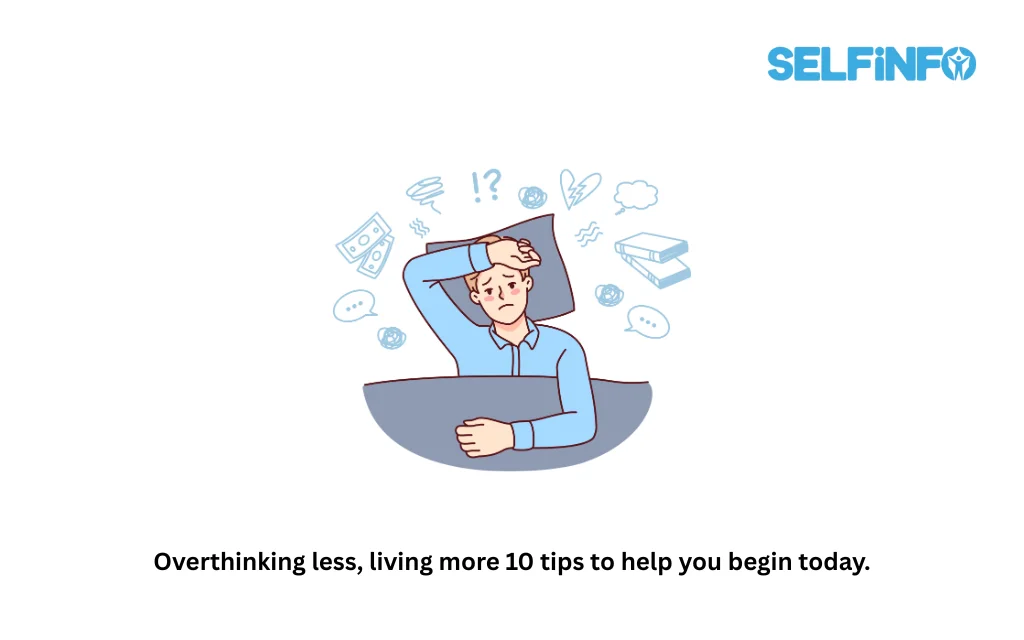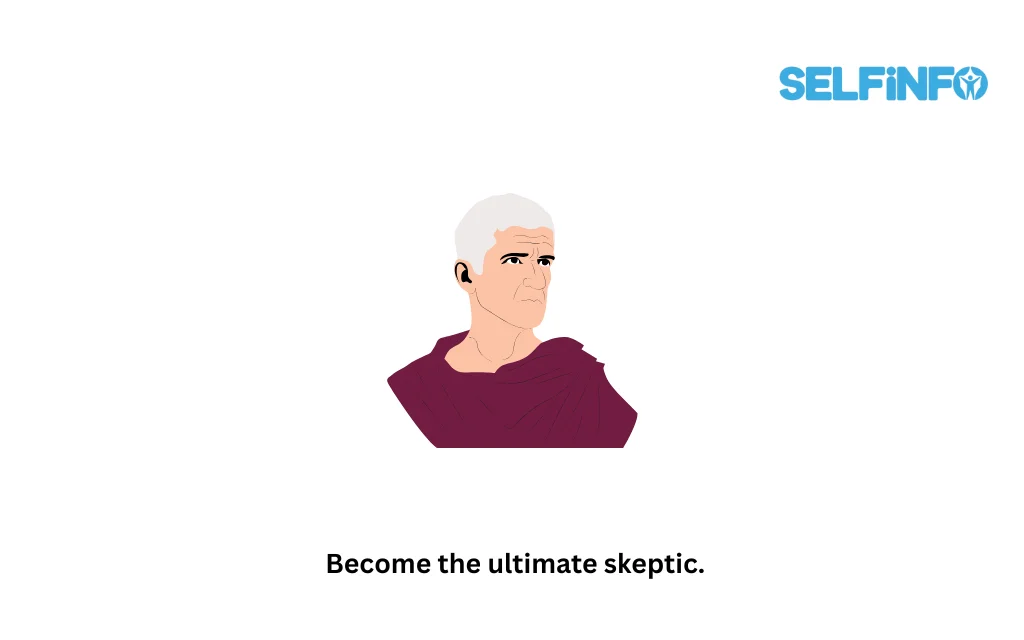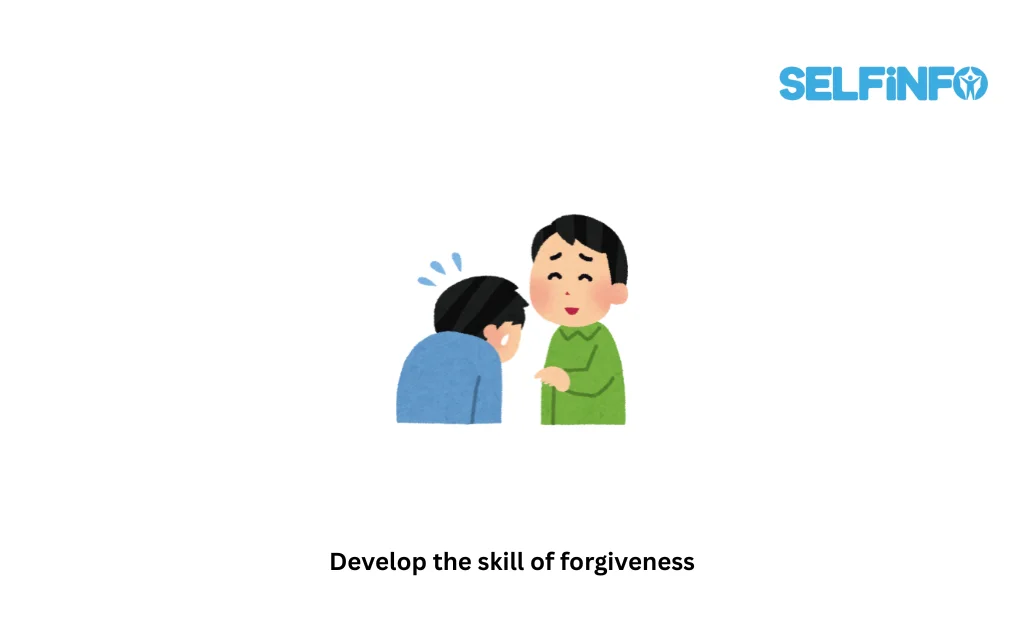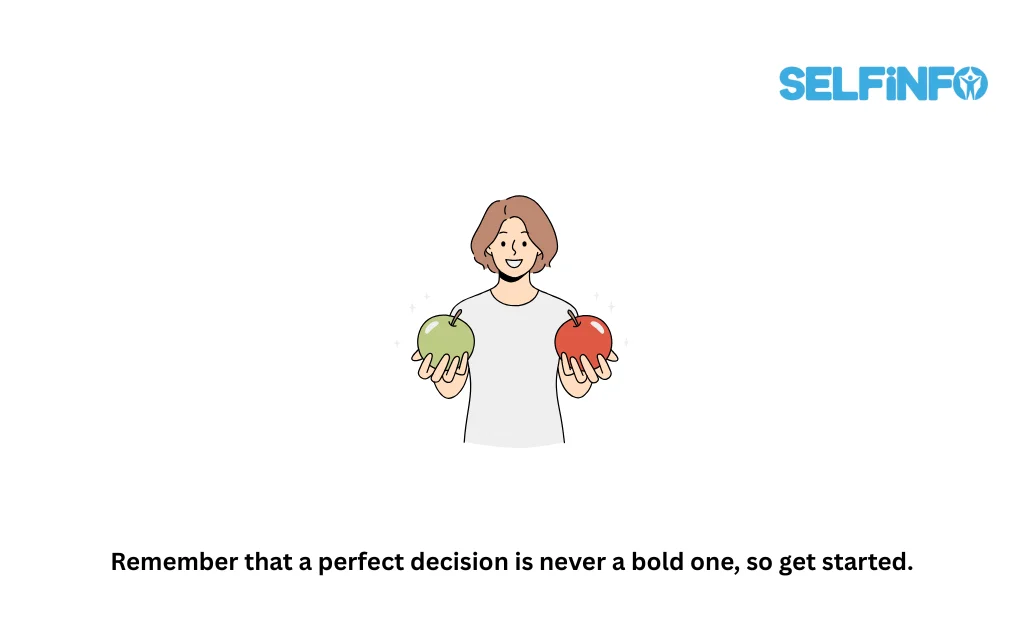However, how frequently do we reflect on our own thinking? When do we pause to consider the reasons behind our overthinking, its potential benefits, and strategies for overcoming it?
When I graduated from college, I experienced my first real episode of overthinking.
Many people experience this period as a quarter-life crisis, and it frequently recurs later in life. Now is the moment to make decisions about our lives and prospective jobs.
Our goals are to live well, contribute to society, and truly make an impact. Getting a cozy desk job could be simpler, but it does not have the same allure.
This is the beginning of ruminating, an uncommon human feature that we would undoubtedly benefit from evolving out of.
I never would have imagined how frequently I would have sleepless nights. I was usually confused. Being indecisive became the norm. My sole certainty was uncertainty.
Thankfully, though, I do not think I drove myself crazy. The distress was rooted in an innate curiosity, which made me reevaluate my strategy. My life was genuinely altered by what I discovered.
I was able to compile several methods for successfully cutting down on overthinking. Here are a few of my favorite straightforward and doable ideas and tactics:

1. Remember that over-thinking does not lead to insight.
You want to know what the best course of action will be. You must have some understanding of the outcomes of each choice in order to do this. However, it is pointless to think about this.
Why? Because unless you actually experience something, you can never truly know what it will be like.
school, college, relocating, getting married, breaking up with someone, and switching careers. You will be shocked by what you learn when you actually participate in these activities, regardless of how much you have imagined these changes will be.
With this knowledge, you can proceed knowing exactly what would be ideal. Therefore, taking action results in clarity. Thought doesn’t.
2. Know that your decision will never be final.
The idea that you will make a big decision at the end that will never change and needs to be right often leads to overthinking.
It will not occur. And that is advantageous. Would you want to live through your entire future if you could forecast it with perfect accuracy?
That takes away all the flavor of life, in my opinion. You have to understand that no matter how much careful thinking you put into a decision, you can be mistaken.
True inner freedom and peace come from accepting that you are mistaken and that your knowledge and ideas about a topic will change with time.
3. Learn the reasons why over-thinking is harmful and let it motivate you.

Research has demonstrated a high correlation between rumination and self-harm, excessive eating, binge drinking, depression, and anxiety.
The strongest predictors of stress were life experiences, followed by family history, income and education, relationship status, and social inclusion, according to a study including 32,827 participants from 172 countries.
Nevertheless, the study also shown that stress only happened when a person overanalyzed the events negatively, and that those who did not do so did not experience as much stress or depression, “even if they would encountered many bad occurrences in their life.”
So, if you want, worry about your issues. But do not claim that nobody forewarned you!
4. Keep active throughout the day and tire the body out.
Are you curious about one of the primary causes of your overthinking?
The reason for this is that you have the time.
If more time is given to aimless thought than is necessary, then no day can be productive. Knowing that its day has been focused on worthwhile objectives allows a mind to sleep soundly at night.
Therefore, think about engaging in regular exercise—any physical activity that increases heart rate and enhances health.
Exercise is walking. The same goes for Pilates, sports, and dog play. Training for the upcoming Olympics is not the only option. Simply move and exhaust yourself.
5. Become the ultimate skeptic.

If you consider what makes thinking so exhausting and frustrating, it is frequently our own beliefs that our thoughts are genuine.
Let us examine an illustration.
If someone you know does something that you feel is painful, but you do not talk to them about it, you could get negative notions about why they did it.
One golden question, however, will drive out any negativity once you have identified which thoughts are upsetting you:
“Am I certain that this is true?”
Realizing that your beliefs are inherently false will make you naturally more at ease in any circumstance and prevent you from overanalyzing things that are predicated on assumptions and expectations.
6. Seek social support, but don’t vent.
Seek assistance from loved ones instead of limiting your choices to your own prejudices, viewpoints, and mental filters.
The significant benefit of social support in lowering stress has long been demonstrated by research.
Getting a new perspective on the subject is even more beneficial than that.
Every time I have experienced this, I have learned something I had not previously thought of. You develop spiritually and emotionally in this way.
7. Develop the skill of forgiveness.

It should come as no surprise that persons who experience unfavorable treatment tend to repress their emotions against others.
One of the greatest human characteristics is forgiveness. Not because it is considered a positive personality attribute, ethically right, or spiritually mature.
It is unique since it may bring about the utmost tranquility in people on its own.
Additionally, forgiveness has been repeatedly demonstrated to significantly enhance mood, foster positive self-esteem, and improve health. It has been demonstrated to extend longevity and is a predictor of marital length and relationship well-being.
8. Plan for conscious distraction.
When do you most often ruminate? Have you ever considered it? I ruminated at night for myself.
You may schedule that free time with an activity that uses all of your senses once you know when rumination will start.
It could be yoga, a meal out, Sudoku, a board game with relatives, or penning thank-you notes to people you have not seen in a long time.
A word of caution: some research indicates that doing this in conjunction with habits that are negatively reinforced, such toxic eating patterns, may have detrimental long-term effects.
As a result, choose carefully what you use as a diversion and make sure it promotes psychological health and happy feelings.
9. Solve another person’s problem first, and get perspective.
The slogan for anyone who is now upset about their perceived issues should be “serve first, seek second.”
Your current problem may become so overwhelming that people start to think you are living in your own head. And something has to shake you out of it.
By reminding you that everyone experiences difficult times—some far more than you will—helping others helps you put your problems in perspective.
Not to minimize your difficulties, but assisting others will bring harmony and balance back into your life.
10. Remember that a perfect decision is never a bold one, so get started.

When your final years are approaching, you will not worry about how well you thought through your decisions, or how thoroughly and accurately you approached life’s forks in the road.
You will rest happily knowing you lived true to yourself, acted with confidence, and stood up for what you believed in.
So don’t worry about the perfection of your decisions. Be swift to move forward, even if it is in the wrong direction. Boldness is respectable; carefulness has never changed the world.
